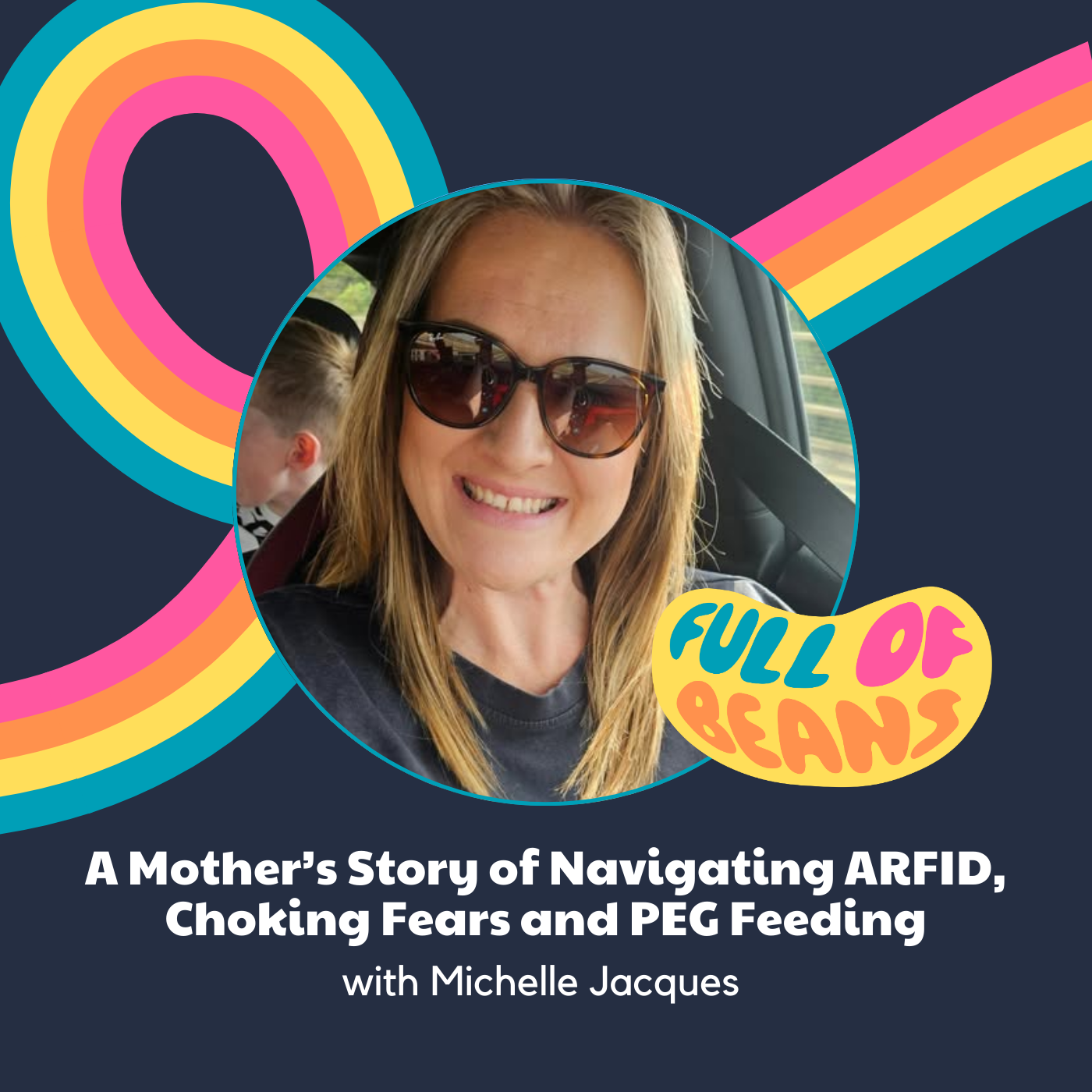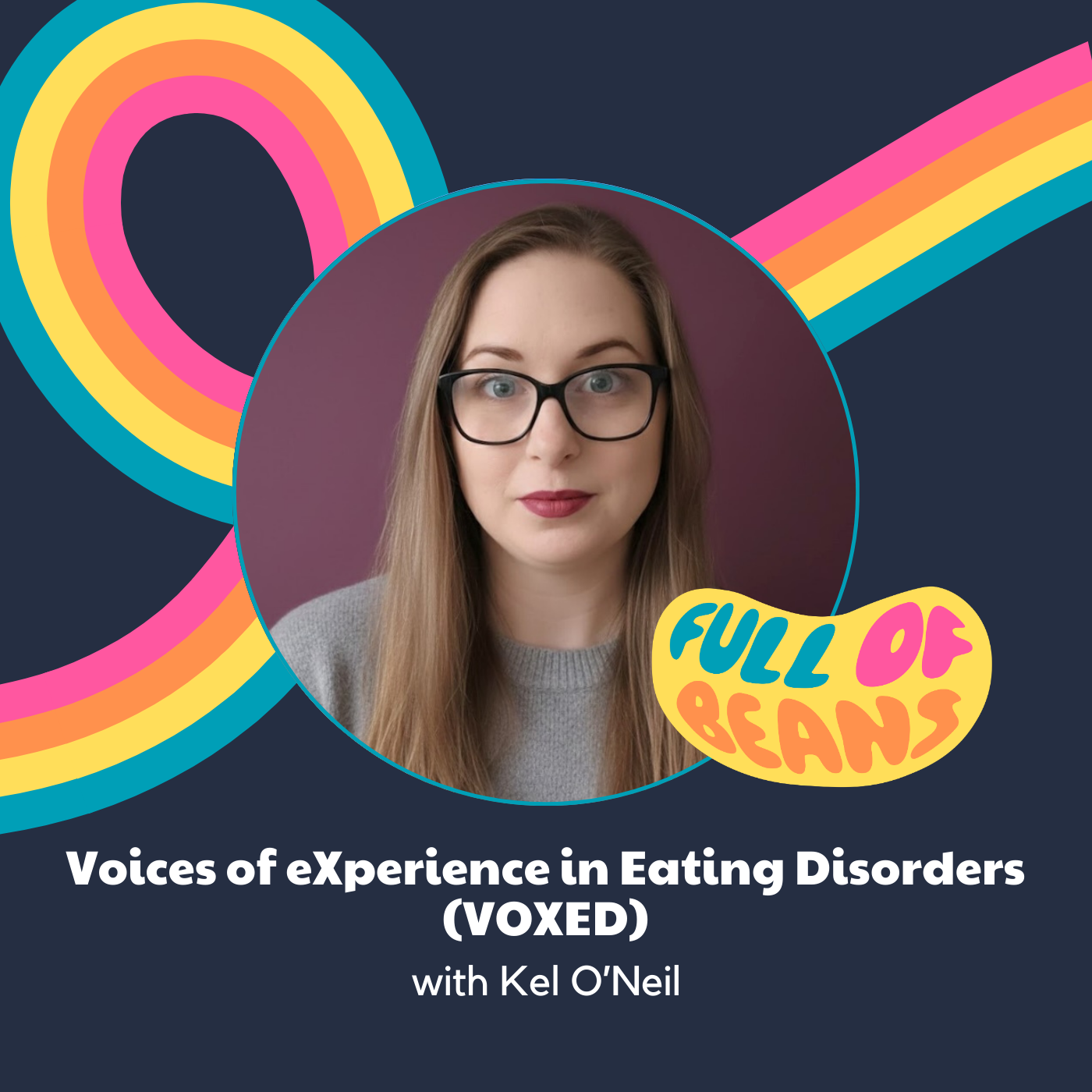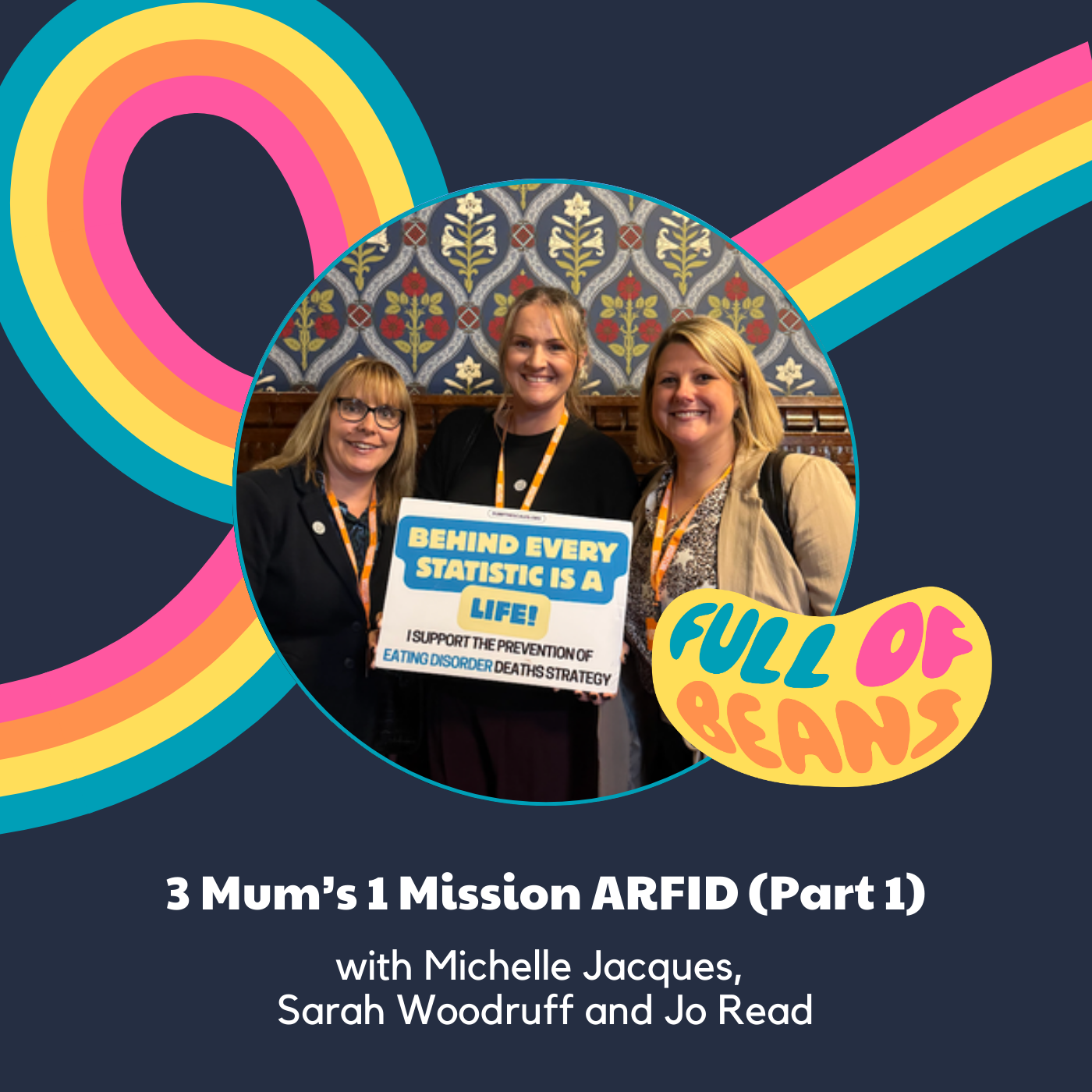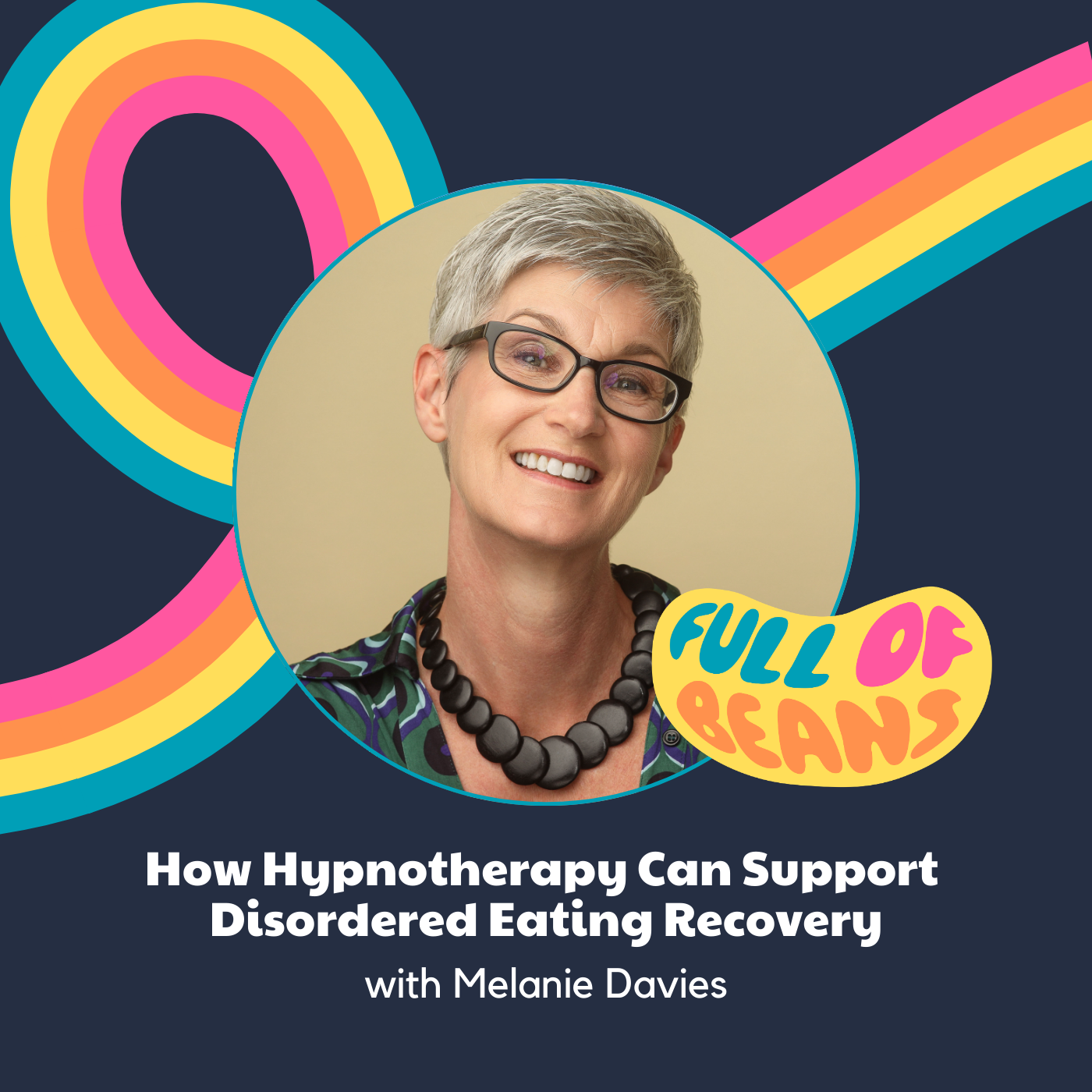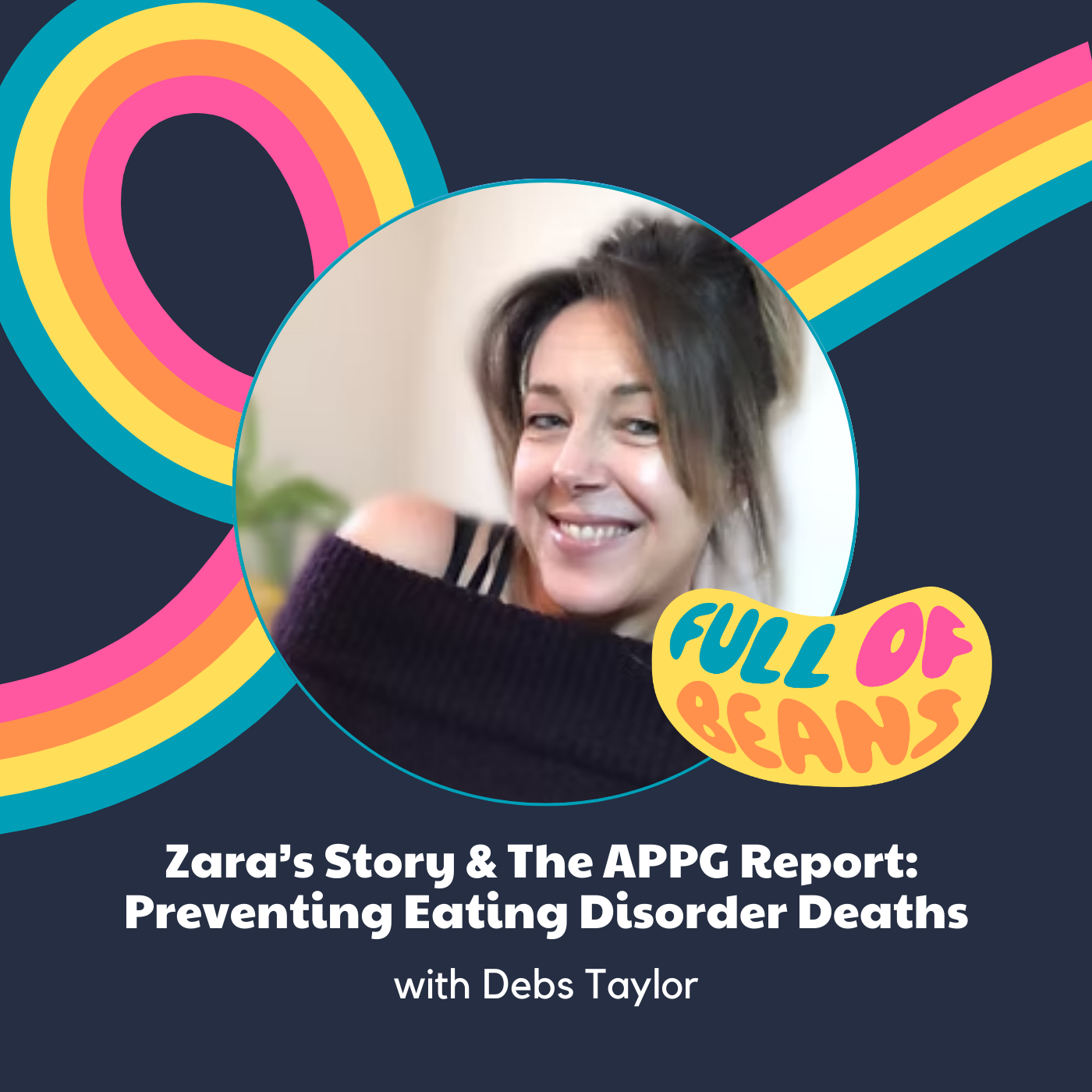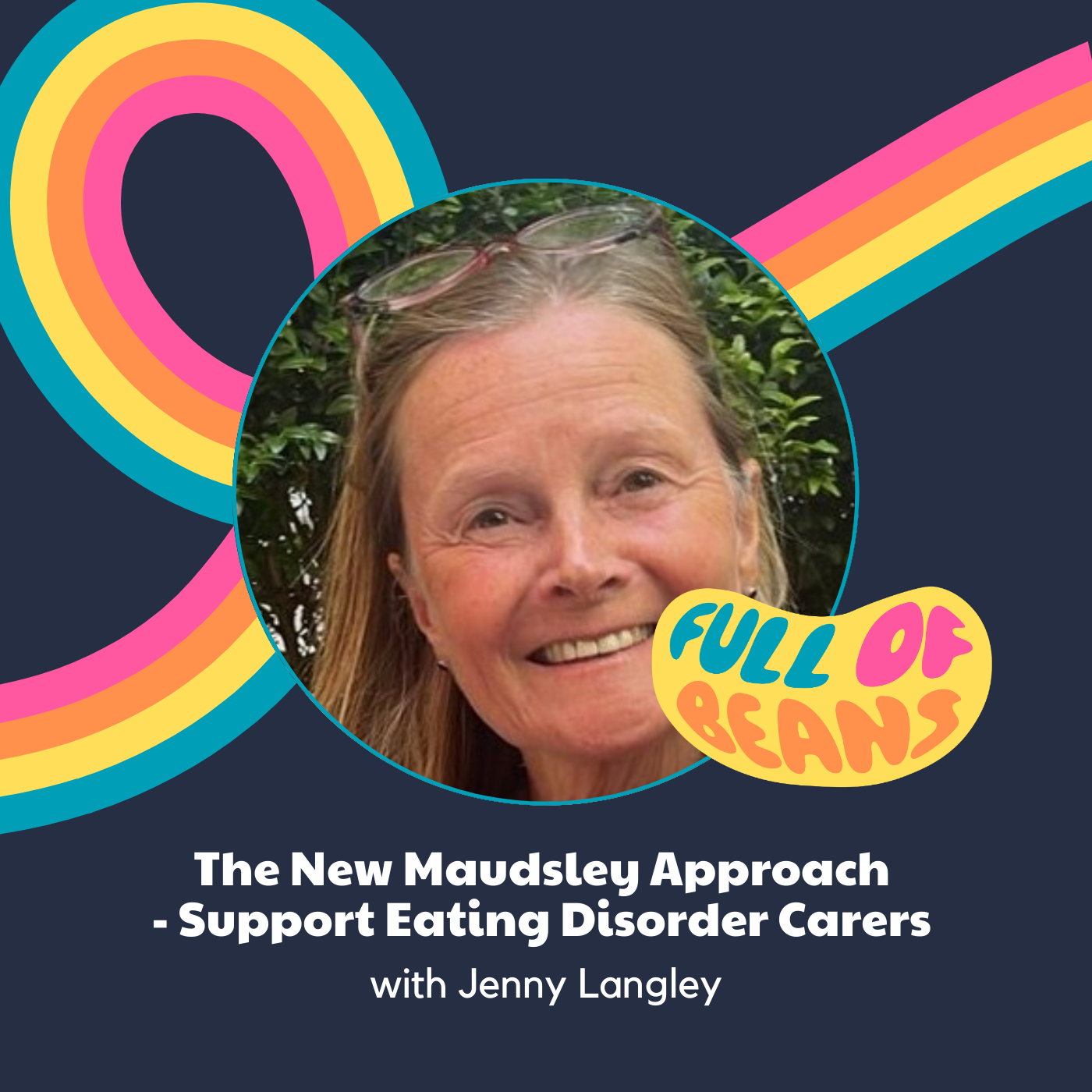Understanding ARFID: Compassionately Explained by an Eating Disorder Dietitian
What really is ARFID, and is recovery possible?
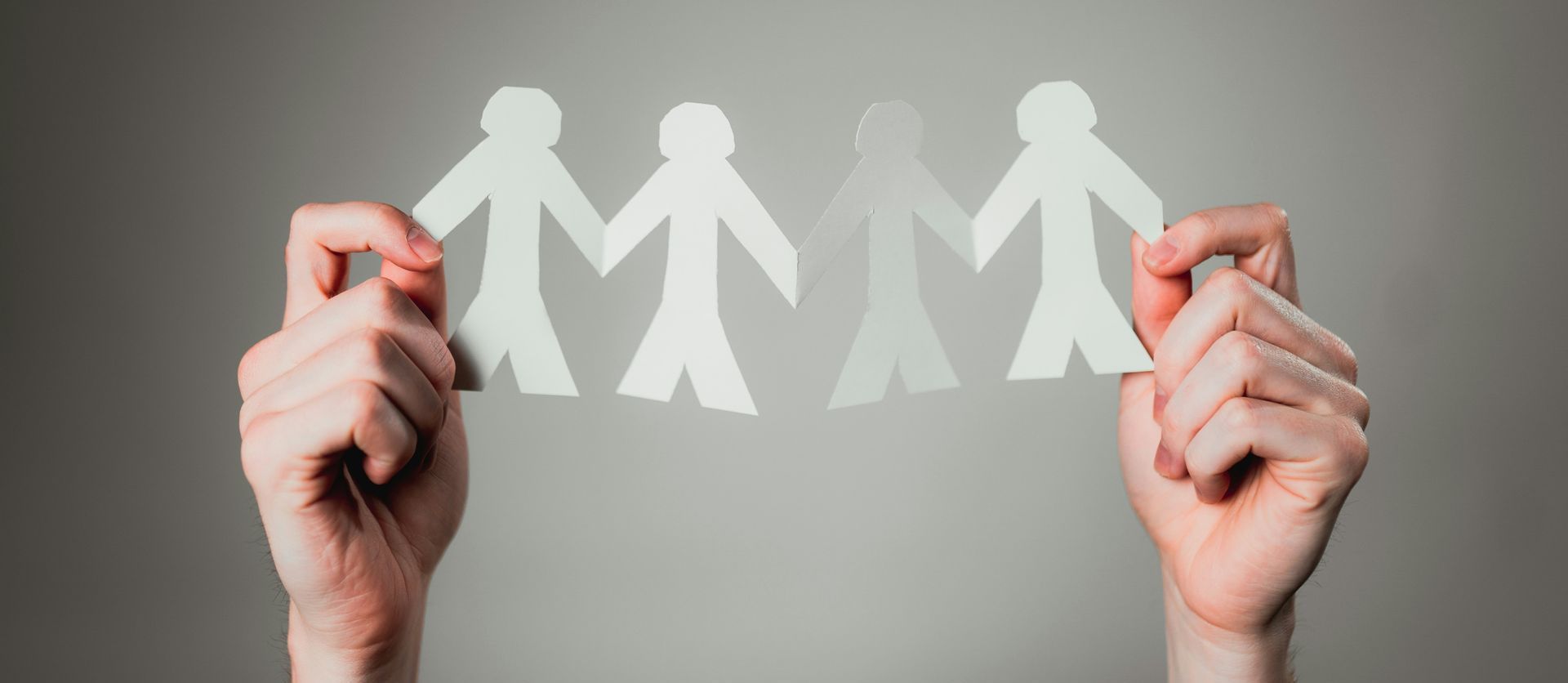
If you or your loved one has Avoidant/Restrictive Food Intake Disorder (ARFID), you might know how isolating and frustrating it can feel. Whether you're someone struggling with ARFID or trying to support your loved one, the journey often feels like an uphill battle, one filled with confusion, worry, and a sense of helplessness.
For anorexia, bulimia and binge eating disorder, concerns about body image are part of the diagnostic criteria. In contrast, body image concerns are not included in the DSM-5 diagnostic criteria for ARFID. This isn't to say that may not present, but they are not a key component or an aspect of everyones experience of ARFID.
Instead, the characteristics that may drive ARFID could be sensory sensitivities, fear of choking or vomiting, or simply not feeling hungry in the way others do. But despite this, ARFID is often dismissed as “just picky eating” or something that will be outgrown. This misunderstanding can make it difficult for individuals, particularly adults, to access the right support.
“Why Won’t They Just Eat?”
Many individuals who are supporting those with ARFID may struggle with frustration when faced with their loved one "unwilling" to eat. This is only natural when we are concerned and worried about someone, and is why it can help to learn more about ARFID and understand from your loved ones perspective why they feel unable to eat.
If you've ever asked yourself, "why won’t they just eat like everyone else?", you're not alone. The reality is,
they can’t,
not in the way others can. Their brain and body react differently to food, whether due to sensory overload, fear, or lack of appetite. No amount of pressure, bribery, or reasoning will change that overnight.
Changing How We Speak
- If you’re supporting a loved one with ARFID, the words you use can have a huge impact. Understanding your loved ones concerns from their perspective can be incredibly helpful, so we want to share some alternative statements to use when things get tricky:
- Instead of “Just eat it.” → “I know this food feels scary. Would you like to explore it together?”
- Instead of “Stop being fussy.” → “I understand this food doesn’t feel safe for you. How can I support you?”
- Instead of “They’ll grow out of it.” → “ARFID is real, and I believe you. Let’s find a way to make mealtimes easier.”
- Instead of “You ate that last week, why can’t you eat it now?” → “I see that today this food feels harder for you. That’s okay.”
- Instead of “You’re being dramatic.” → “I know this is tough for you. I’m here to help however I can.”
By choosing compassionate, validating language, you can create a safer environment for someone with ARFID to feel understood and supported.
What Does Treatment Look Like?
- Personalised support: There is no one-size-fits-all treatment for ARFID. The best approach is tailored to the individual's specific needs.
- Nutritional guidance: A dietitian can help ensure nutritional intake is adequate without forcing unsafe or overwhelming food exposures.
- Addressing underlying issues: For many, ARFID exists alongside anxiety, autism, or past food-related trauma. Treatment should address these factors holistically.
- Gradual food exposure: Exposure to new foods must be slow and patient-led, ensuring safety and reducing fear responses.
Redefining Recovery: It Looks Different for Everyone
One of the hardest parts about ARFID recovery is that your expectations of someone's recovery may differ to the reality. To be fair, I think this is the case for all eating disorders.
Someone recovering from ARFID may never eat a wide variety of foods, and that’s okay, as long as they are able to lead a life that isn't restricted by their eating habits and fits for them.
Instead of aiming for a “perfect” diet, success might look like:
- Trying a new food for the first time in years
- Being able to eat outside the house without extreme distress
- Getting enough nutrition without needing supplements
- Feeling less fear around eating
Where to Learn More & Get Support
If you or a loved one is struggling with ARFID, know that you are not alone. With the right support, things can get easier.
💛
Follow Paola Falcoski: LinkedIn | Website
💛 ARFID Support: ARFID Awareness UK | BEAT | Be Body Positive
💛 Carer Support: North Cumbria ARFID Patient and Carer Resource
💛 Professionals Support: British Dietetic Association ARFID Position Statement
📢 Join the Conversation: What are your thoughts on ARFID and recovery? Share your experiences on Instagram @_werarefullofbeans!
Thank you for taking your time to read this blog. If you would like to receive updates from the Full of Beans podcast, scroll down a little further and click subscribe.
You can listen to the podcast here or follow us over on Instagram where we like to engage most with our community!
Keep being you,
Han 💛
🎧 Listen to the Full Episode Here

